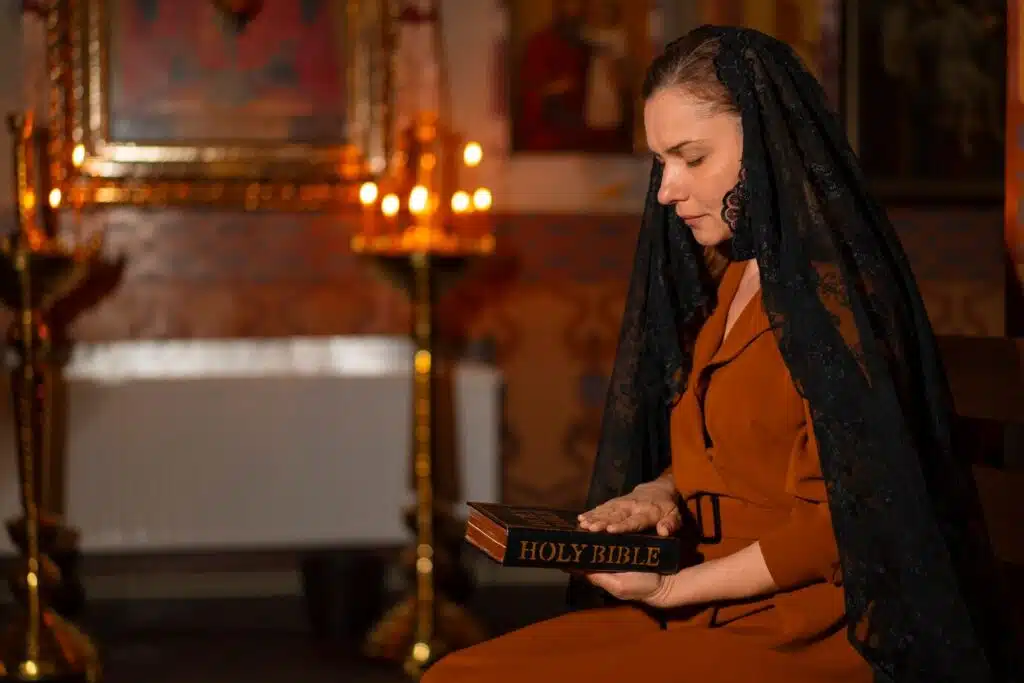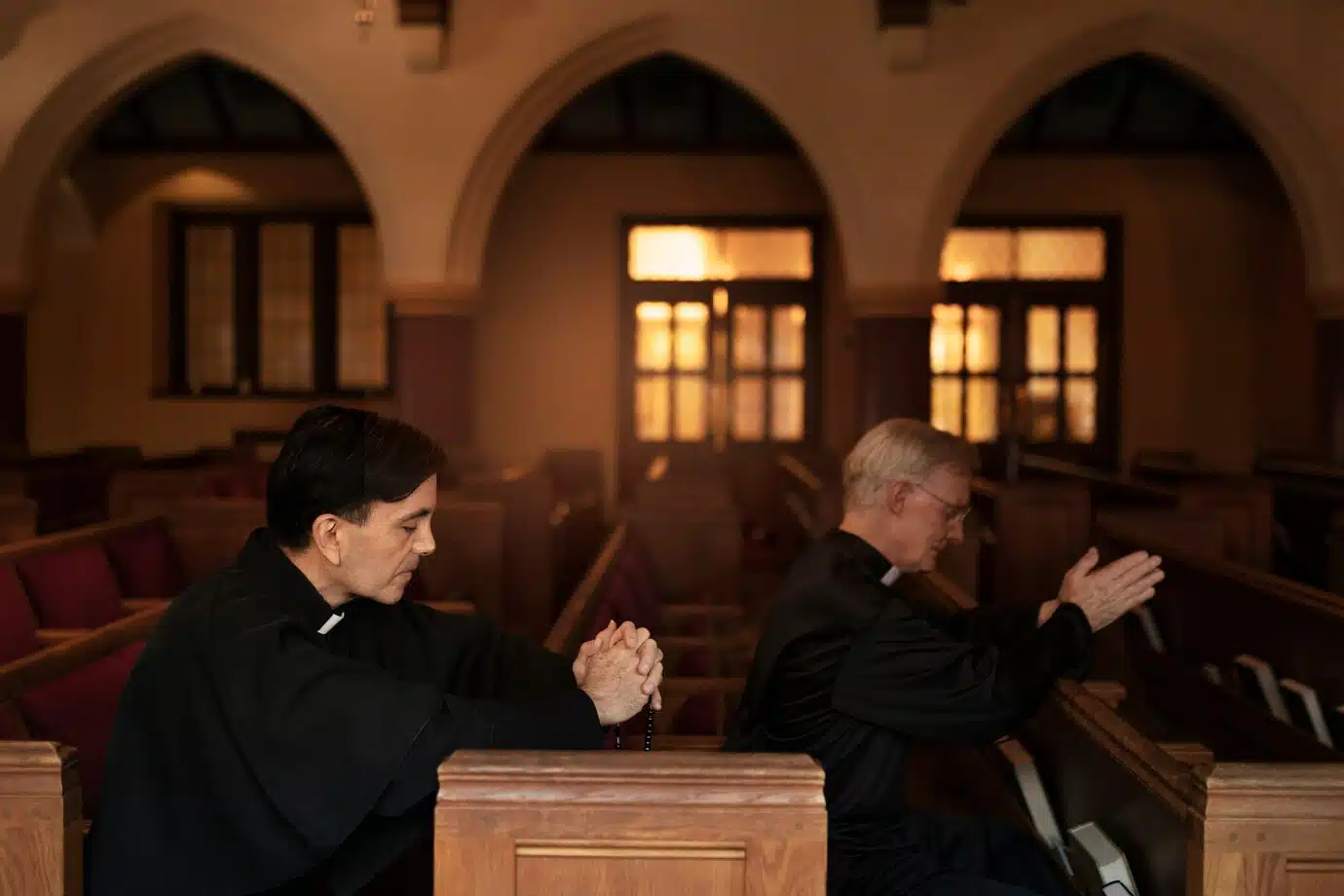Religious law, a system of law rooted in the principles, values, and ethics of a particular religion, plays a significant role in shaping societies worldwide. This form of law governs various aspects of life, including moral conduct, social interactions, rituals, and even politics, depending on the religious tradition. Religious laws are often seen as divine mandates, providing not only a legal framework but also a spiritual guide for the faithful. Understanding the complexities of religious law and its impact on societies is crucial to understanding how different cultures and communities function and evolve.
Key Takeaways
- Religious law is rooted in the ethical teachings and spiritual guidelines of a particular religion.
- It plays a significant role in shaping moral conduct, social order, and legal systems within societies.
- Religious law influences political systems, cultural identity, and even international legal frameworks.
- The balance between religious law and secular governance remains a complex issue, especially in pluralistic societies.
- While religious law can promote social cohesion, it can also create division, particularly in multicultural or multi-faith societies.
What Is Religious Law?
Religious law refers to a set of principles or rules based on the teachings and beliefs of a specific religion. These laws are usually believed to be divinely inspired or directly given by a deity or higher power, and they are intended to regulate the lives of adherents of that faith. Unlike secular law, which is created by governments and enforced through legal institutions, religious law typically derives from sacred texts, oral traditions, or religious leaders who interpret the divine will.
Religious law can be categorized into two broad types:
- Canon Law: This refers to the body of laws governing religious practices, moral codes, and organizational structures within a specific religious tradition, such as the canon law of the Roman Catholic Church or the laws in the Orthodox Christian churches.
- Theocratic Law: This type of religious law is implemented by states that officially endorse a particular religion, creating a legal system where religious principles guide not just personal morality but also governance and public policy. An example of this is Sharia law, which governs both personal and societal aspects of life for Muslims in countries like Saudi Arabia and Iran.
Religious law can also be divided based on its scope and application:
- Personal Law: Concerns matters like marriage, divorce, inheritance, and family life, as governed by religious principles.
- Criminal Law: Governs offenses such as theft, murder, and blasphemy, with punishments often prescribed by religious teachings.
- Ritual Law: Deals with religious ceremonies, holidays, and worship practices.
Throughout history, religious law has been instrumental in the development of many legal systems. Even secular law in various parts of the world has been influenced by religious principles, whether through the moral teachings of a religion or the political power of religious institutions.
Also Read : Overview Of The Civil Law Legal System
The Influence of Religious Law on Societies
The impact of religious law on society is both deep and multifaceted. Here are some of the key ways in which religious law shapes individuals and communities:
1. Moral and Ethical Framework

Religious law often establishes the moral code by which members of a society are expected to live. Whether it’s the Ten Commandments in Judaism and Christianity, the Five Pillars of Islam, or the ethical teachings of Hinduism and Buddhism, religious law provides the foundation for what is considered right and wrong. These moral guidelines influence not only personal behavior but also societal norms. They define values such as honesty, compassion, justice, and respect for others, serving as a benchmark for ethical decision-making.
Also Read : What Are The Challenges Of Pursuing A Law Degree?
2. Social Order and Stability
Religious law helps maintain social order by setting boundaries for acceptable behavior. By providing a framework for understanding human relations—be it family dynamics, community responsibilities, or how individuals should treat one another—religious law fosters societal cohesion. In traditional societies, where religious institutions are intertwined with government, these laws regulate both private and public spheres of life, from marriage to governance.
3. Political and Legal Systems
In some countries, religious law plays a direct role in shaping the political and legal landscape. Theocratic states such as Iran and Saudi Arabia implement laws based on interpretations of religious texts, with religious leaders holding significant power. In other cases, secular legal systems may incorporate aspects of religious law. For example, many countries with Christian traditions have historically based certain laws on biblical principles, such as prohibitions on blasphemy or the sanctity of life.
Even in pluralistic societies where religious law is not directly implemented by the state, it can still influence politics. Public debates around issues like abortion, same-sex marriage, and euthanasia often draw upon religious arguments and interpretations, affecting policy decisions and societal views.
Also Read : Why Access to Justice Matters: Legal Equity in Modern Society?
4. Cultural Identity and Nationalism

Religious law is often tied to the cultural identity of a group or nation. For many societies, the law reflects and enforces religious and cultural values that form the core of the group’s identity. In countries like Israel, where Jewish religious law intersects with the state’s legal system, religious law plays a role in shaping the nation’s character. Similarly, in Muslim-majority countries, Sharia law often serves as a cultural anchor, maintaining connections between faith and national identity.
Religious law can also be an expression of nationalism, with political leaders invoking religious principles to consolidate power and create a sense of unity. For instance, in many cases, laws related to citizenship, education, or family life are informed by religious teachings, reinforcing the importance of shared religious beliefs in national life.
Also Read : How Do You Choose The Right Law Internship For Your Career Goals?
5. Conflict and Division
While religious law can provide social cohesion, it can also lead to division. In multi-religious societies, the presence of competing religious legal systems can create tension and conflict. For example, in India, the coexistence of Hindu law, Muslim law (based on Sharia), and Christian law has occasionally resulted in legal conflicts, particularly in cases involving personal laws, marriage, and inheritance.
In some cases, religious law becomes a tool for enforcing orthodoxy, marginalizing or discriminating against minority groups, or justifying social inequality. The imposition of one religion’s legal principles over another group’s values can lead to sectarian violence, as seen in various parts of the Middle East and South Asia.
6. Religious Pluralism and Secularism
In increasingly pluralistic societies, the question of how to balance religious law with secular governance becomes pressing. For instance, in the United States, the First Amendment guarantees religious freedom, meaning that religious law does not directly affect the state’s legal system. However, religious groups often push for laws that reflect their religious values—such as the fight over abortion rights, or the inclusion of prayer in schools. The tension between secular law and religious law in pluralistic societies continues to be a significant point of debate and negotiation.
Religious pluralism—the coexistence of multiple religions—can challenge the dominance of any one religious legal system. Countries like India, with its vast religious diversity, must find ways to accommodate different religious laws, sometimes leading to a complex system of personal laws for different communities.
Also Read : Civil Rights Advocacy: Fighting Injustice And Promoting Social Change
7. The Role of Religious Leaders and Institutions

Religious leaders and institutions often play a central role in interpreting and enforcing religious law. In many traditions, religious scholars or jurists are tasked with interpreting sacred texts and applying them to contemporary issues. Their rulings can have profound effects on the lives of their followers. In countries governed by theocratic laws, religious leaders may hold political power, as seen in Iran, where the Supreme Leader is a religious figure with significant influence over legal and political matters.
Religious institutions can also function as community centers, providing services like education, healthcare, and welfare, all while promoting adherence to religious laws. In this sense, religious law is not only a legal system but also a way of life, guiding both personal conduct and social responsibility.
Also Read : Habits Of Successful Low Study Students
Conclusion
Religious law plays a pivotal role in shaping both personal behavior and societal structures. Its influence can be seen in moral teachings, social order, legal frameworks, and national identities. Whether in the form of personal guidance or state-enforced regulations, religious law holds power in guiding how individuals interact with each other and with their governments.
While the intersection of religious law and secular law continues to be a point of tension in pluralistic societies, understanding its complexities is vital to navigating the legal and ethical challenges faced by modern societies. As the world becomes more interconnected and diverse, the role of religious law in society will remain an important aspect of cultural, political, and legal debates.
FAQs
1. What is the difference between religious law and secular law?
Religious law is based on the teachings and principles of a particular religion, while secular law is based on non-religious, governmental principles. Religious law governs the spiritual and moral conduct of individuals, while secular law regulates civil rights, criminal justice, and governance.
2. Can religious law be enforced by the state?
In some theocratic countries like Iran and Saudi Arabia, religious law is enforced by the state. In other countries, religious law may only govern personal matters like marriage and inheritance but not criminal law.
3. Does religious law apply only to religious followers?
Religious law generally applies to those who belong to a particular faith community. However, in some countries, religious laws can extend to all citizens, regardless of their personal beliefs, especially if the state enforces them.
4. Is religious law the same across all countries and cultures?
No, religious law varies widely depending on the religion and culture. For example, Islamic Sharia law differs significantly from Jewish Halakha or Christian Canon law in both structure and application.
5. Can religious law evolve over time?
Yes, many religious traditions allow for the reinterpretation of laws to suit contemporary issues. Religious scholars often engage in ijtihad (independent reasoning) or other forms of interpretation to adapt religious law to modern circumstances.
6. Does religious law conflict with human rights?
In some cases, religious laws may conflict with international human rights standards, particularly in areas such as gender equality, freedom of expression, and LGBTQ+ rights. How this tension is resolved varies by country and the interpretation of both religious and secular law.
7. Can religious law influence secular legal systems?
Yes, in many cases, religious law has influenced secular legal systems. For example, many Western legal systems, including those in Europe and the United States, have roots in Christian ethical principles.





